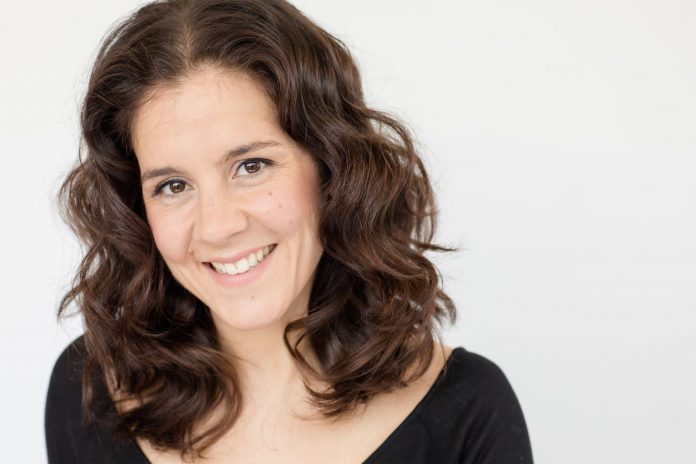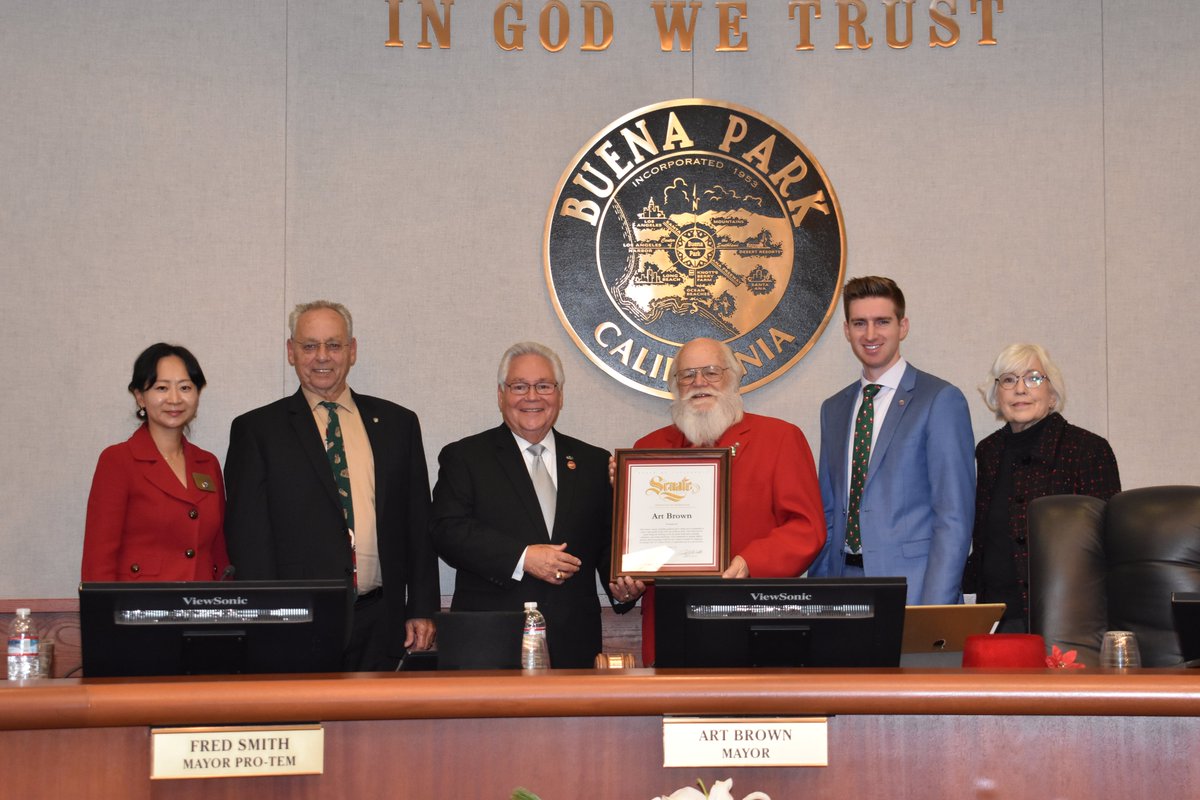By Lynda Lacayo
On traditional tiptoes “Fiddler on the Roof” trips into the Segerstrom Center for the Arts, May 7 – 19, 2019. The requisite Fiddler is perched atop a roof, playing a haunting melody. He represents survival, through tradition and joyfulness, in a life of uncertainty and imbalance which is also a simple summary of the book behind the classic musical.
“Fiddler on the Roof” overflows with cherished tunes opening with the rousing number “Tradition,” before soaring into a score of memorable melodies such as “Matchmaker, Matchmaker,” “If I Were a Rich Man” and “Do You Love Me.” From the moment Tevye, played by Israeli star of theater, film, and TV Yehezkel Lazarov rolls his cart onstage, saying “You may ask how we keep our balance? That I can tell you in one word…Tradition!” audiences ready themselves by lifting their cups “To joy! To love, To life!”
The 2014 award winning musical “Fiddler on the Roof” weaves a timeless story, filled with music, dance, joy, romance, and family values. The classic show does, however, take a break from “Tradition” in minor ways. One such change was casting the first Hispanic actress, Maite Uzal, in the iconic role of Golde, Tevye’s long-suffering wife. It’s not as far-fetched as it may seem. As Uzal, once a Spanish lawyer, now a Broadway actress, explains, “I’ve thought about the idea that being a Spanish Catholic doesn’t make me particularly suited for the role, yet I have the ability to play the part. Then I gave it some more thought and you know what, there are things in my background that make me fit right into Golde’s world. I’m Jewish on my father’s side; the name Uzal is Jewish dating back to one of the oldest Israeli tribes. I wasn’t raised Jewish but I learned about the faith, customs and traditions doing the show. This led me to the realization that Spanish and Jewish people share common traditions such as family values. So, maybe yes, being from Spain adds something valuable to the role.”
The “family values” showcased in “Fiddler on the Roof” are another of the ways in which Uzal slips so easily into her part. Asked why she switched from law to acting she replied, “I studied law to please my family. I did what was expected of me given my environment and how I grew up. I used to be very obedient. My father wanted me to be an attorney and wasn’t pleased at the prospect of me becoming an actress. But I’d always dreamed of being an actress and felt I had to pursue my vocation so I moved from Madrid to Manhattan. Given the dramatic twist in my life New York was the best place for me – I thought ‘Let’s go big or go home.’”
Uzal has gone big since changing careers. She’s only been in the States for a year this go round and “Miracle of Miracles” she landed the leading role, Golde, in the National touring company production of “Fiddler.” This is not her first sojourn stateside. The talented lady from Spain won the HOLA (Hispanic Association of Latin Actors) award and a Latin Ace Award. In her portrayal of Golde, Uzal has received critical acclaim. “Broadway World” says “Uzal’s Golde is confident, strong and comedic. She delivers a flawless performance that makes audience’s love Golde’s formidable personality.”
When describing Golde’s personality, Uzal often speaks in the first person. Perhaps this is related to her background in law because she says, “As actors we use our training, our hearts to allow us to develop an empathy with the character. You have to be a lawyer for your character as if the character is the client and you must get to know them in the best possible way so that you can make them your own even when they are very different.”
Uzal continues, “It hit me from the very beginning that Golde couldn’t read. My brain became unwired as I had to unlearn my ways of thinking. When Perchik arrives from the University, book in hand, to teach my daughter, how I react is different from a person who is literate. Onstage as Golde, I am wary and suspicious. All Golde’s traits have affected me.”
Dance marks every important turning point in the tale and the songs come straight from old-fashioned storytelling, yet it is choreography that marks another subtle change from the original to bring a fresh look to the celebrated musical. Uzal agrees saying, “It is very significant what Israeli choreographer Hofesh Schechter has done to update the dance and movement. My favorite dance scene is ‘The Wedding’ which is less complex because we’re all in it. Our choreographer wouldn’t like me saying that because Hofesh finds complexity in everything, even just moving his fingers. The ‘Bottle Dance’ is a showstopper and choreography is a very important highlight in the show.”
“Fiddler on the Roof” is rich with music audiences know and love. The songs speak of family, life, love and laughter. Uzal says, “My personal favorite song is ‘Do You Love Me’ not because I sing it but dramatically speaking it’s perfectly written. All the songs are beautiful but another stand-out for me is the opening number, ‘Tradition’ which is so powerful, so impactful.”
The musical’s greatest strength is timeless storytelling and Tevye, a Jewish Dairyman and his family, still move hearts as they cope with anti-Semitism and pogroms in Imperial Russia in 1905, meeting tragedy with humor. “Fiddler” has universal appeal because Uzal says, “It touches on themes relevant to everyone. There are three layers to the show. First are the conversations that Tevye has with a higher power and most people look for something spiritual in their lives. Second is the generational struggle of old versus new, parent and child, as each develops and follows their own ‘traditions.’ And finally, the conflict between the Russian and Jewish community is about being immigrants being prosecuted, about seeing some people as ‘the other.’ Unfortunately, these things that happened in the past continue to haunt our future no matter what period of history our world is in.”
Uzal describes “Fiddler on the Roof” as a “Celebration of Life.” Audiences will leave Segerstrom Center with a smile on their faces but the message that she hopes they take with them is “tolerance towards people who are different, resilience in facing life’s hardships and a sense of humor because the ability to laugh in the worst of times is a blessing.”
As the final curtain drops, Tevye beckons with a nod and the fiddler follows the family out of the village. “Sunrise, Sunset” follow the fiddler to the Segerstrom Center for the Arts, Segerstrom Hall. “Fiddler on the Roof” runs May 7 – 19, 2019. For tickets and information: Online at SCFTA.org; The Box Office, 600 Town Center Drive, Costa Mesa; phone 714-556-2787. Hours are 10 a.m. to 6 p.m. daily.









